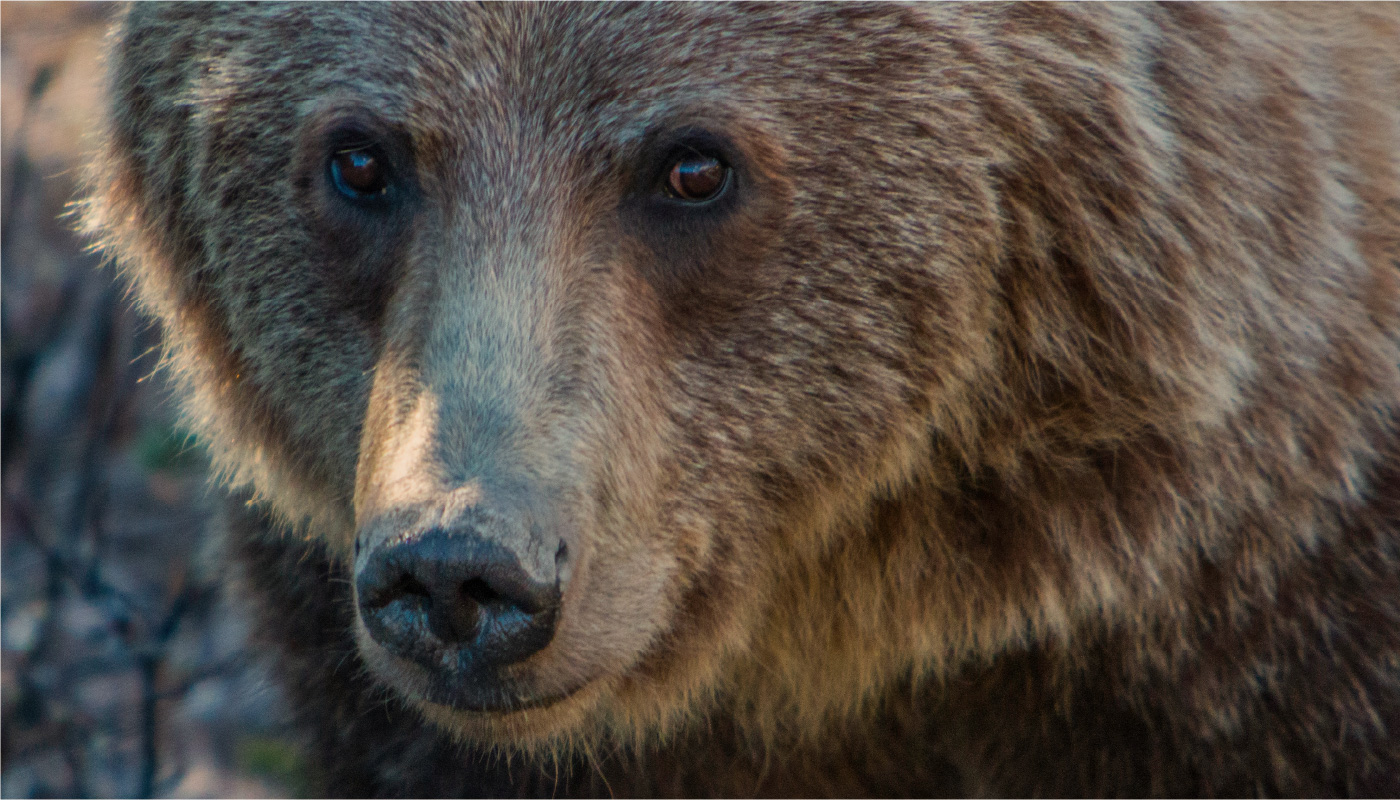Bridging natural and social sciences, and local and Indigenous knowledge to connect and protect the Yellowstone to Yukon region

The Yellowstone to Yukon Conservation Initiative (Y2Y) team is pleased to welcome Dr. Graham McDowell as our new Director of Science and Knowledge.
Based in the Rocky Mountains of Canmore, Alberta, Graham will lead Y2Y’s work to bring Western scientific, local, and Indigenous knowledges together to help people and nature thrive across the 2,100-mile (3,400-km) long Yellowstone to Yukon region.
Y2Y drives conservation solutions on the scale that nature needs. At the core of this effort is engaging diverse communities to connect and protect this vast, ever-changing mountain region. To guide our conservation efforts, we draw from the best available information, including from the natural and social sciences as well as local and Indigenous knowledge.
Graham’s extensive, relevant and high-impact research, considerable experience working with local and Indigenous communities, and deep interest in mountain systems will be instrumental in progressing the Yellowstone to Yukon mission — especially at this critical moment when we must urgently address the impacts of climate change and biodiversity loss across the Y2Y landscape.
A global leader in mountain research
Graham has more than 15 years of interdisciplinary mountain research experience and is recognized as a global leader in the study of adaptation to climate change in mountain regions. He is also highly regarded for his efforts to advance respectful knowledge co-creation activities with Indigenous Peoples in mountain areas.
He has led community-based studies in the Nepal Himalaya, Peruvian Andes, Rocky Mountains, Greenland, and the Canadian Arctic. He also founded and led the Canadian Mountain Assessment — a first-of-its-kind assessment of mountains in Canada based on insights from Western academic and First Nations, Métis, and Inuit ways of knowing.

Lake in Banff National Park. Credit: Graham McDowell.
In addition, Graham is a two-time Contributing Author with the United Nation’s (UN) Intergovernmental Panel on Climate Change (IPCC), a member of the UN Mountain Partnership’s Science and Knowledge Advisory Committee, and a member of Canada’s National Steering Committee for the UN International Year of Glacier Preservation.
Graham has published more than 30 peer-reviewed articles, including the first nationally coherent characterizing and quantification of mountain systems in Canada (McDowell and Guo, 2021); and the first systematic examination of the state of mountain research in the country (McDowell & Hanly, 2022). In recognition of his contributions to mountain research, he was elected as a Fellow of the Royal Canadian Geographical Society in 2021.
Graham holds degrees from McGill, Oxford, and the University of British Columbia, and completed postdoctoral training at the University of Zurich. His professional activities to date reflect substantial innovation and leadership in mountain research, significant contributions to cross-cultural collaboration in the spirit of reconciliation, and ongoing success in managing complex research projects.
Drawing on this background, Graham will now lead Y2Y’s science and knowledge efforts across one of the largest and most intact mountain regions in the world — the Yellowstone to Yukon region.
“I’m looking forward to bringing together scientific research and insights from knowledge holders across the region to achieve real impact on the ground, especially in relation to questions around climate change and how we at Y2Y work with Indigenous Peoples in a good way,” says Graham.
Dedication to knowledge and action for mountains
Graham’s career has been shaped by a fascination with the unique ecological and cultural significance of mountain regions and guided by a mission to enhance understanding of how environmental changes affect mountain environments and mountain connected communities.
His work also embodies a dedication to translating knowledge into action for mountains. In this context, he is particularly excited about his new role with Y2Y, which will focus on deep collaboration, meaningful innovation, and actions that benefit people and nature in the globally significant Yellowstone to Yukon region.
“In addition to advancing Y2Y’s core work on landscape-scale conservation biology, I am eager to contribute to our understanding of the challenges and opportunities that climate change presents to the Yellowstone to Yukon vision.”
“In addition to advancing Y2Y’s core work on landscape-scale conservation biology, I am eager to contribute to our understanding of the challenges and opportunities that climate change presents to the Yellowstone to Yukon vision,” says Graham. “I will do this by supporting efforts that bring together insights from the natural and social sciences, and that elevate the diversity, depth, and specificity of knowledge held by those who live in the region.”
When he is not busy studying mountainous regions, Graham is spending time enjoying them. Graham is a mountain sports enthusiast with a background in ice, rock, and alpine climbing. He also has interests in endurance mountain biking and trail running. Like wildlife in the region, he also likes to roam!

“I’ve long been interested in the Yellowstone to Yukon region, not only as a mountain researcher, but also because of my strong connection to this landscape where I spend most of my time living, working and playing,” says Graham.
“I am thrilled to join Y2Y and am humbled by the opportunity to learn from my new colleagues, to build on the work of my predecessors, and to work closely with researchers, local communities, and those that have stewarded lands and waters in the Yellowstone to Yukon region since time immemorial.”
Welcome, Graham!


